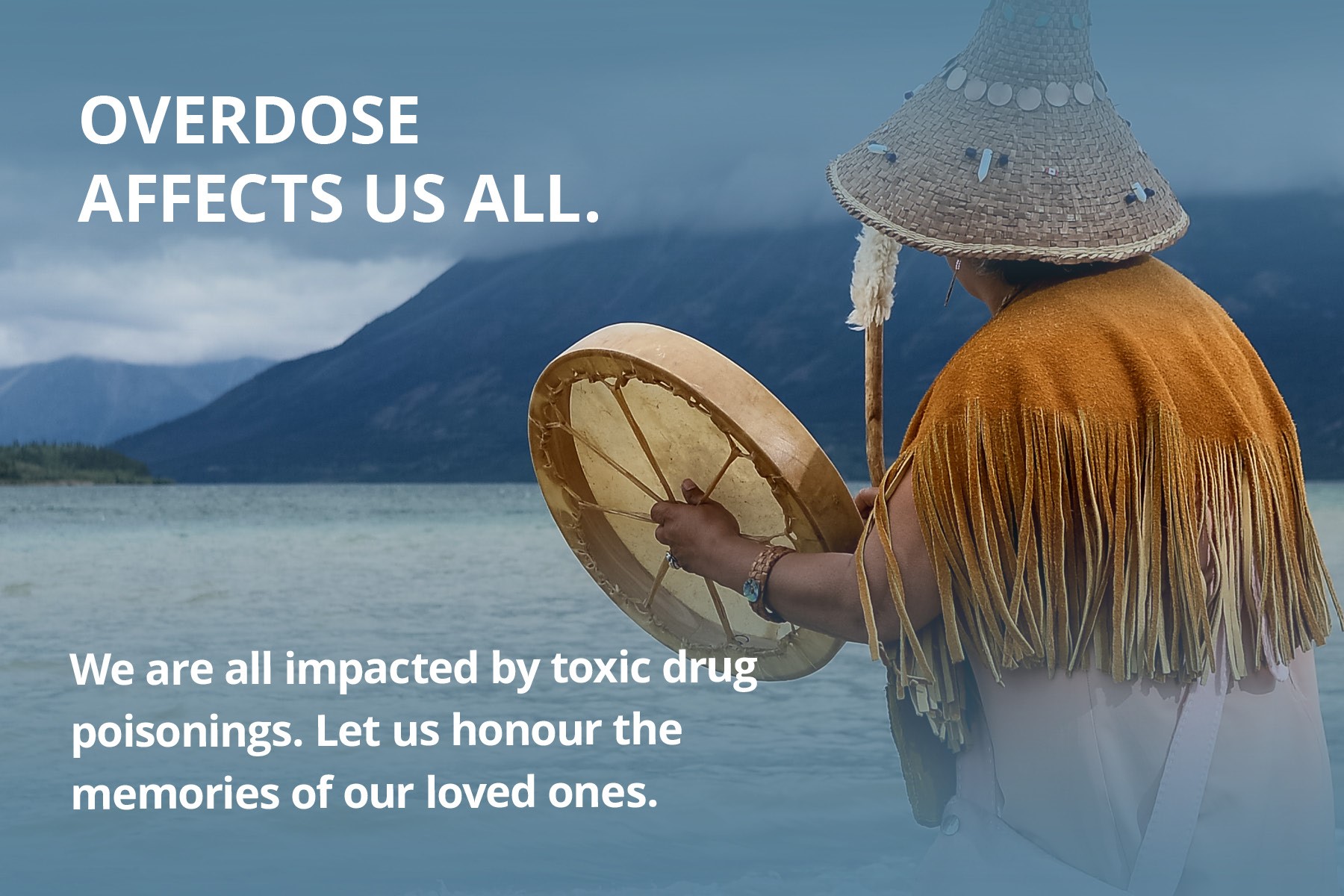The purpose of overdose prevention strategies and activities is to create opportunities for safer substance use with the goal of preventing people from dying of toxic drug poisoning. These include drug checking, naloxone, overdose prevention sites, among others.

Drug checking
The BC Centre on Substance Use has a network of
drug checking services across BC that provide judgement-free and stigma-free screening for harmful fentanyl and benzodiazepine levels. Substances are never confiscated while providing people with the ability to make informed decisions about the substances they use.
Fentanyl test strips
Fentanyl test strips are available at all Overdose Prevention Sites or Supervised Consumption Sites in BC and can be taken home and used there as well.
The test strip is dipped into a mixture with a tiny amount of the drug to get results. Communities can access test strips by emailing the FNHA's
Harm Reduction Hub.
Life monitoring apps
The
Lifeguard and
Brave apps for smartphones are designed to combat accidental toxic drug poisoning by providing anonymous remote supervision. The apps provide emergency services support in the event the person using substances cannot respond to the app.
Naloxone and SAVE ME steps
In a toxic drug poisoning event every minute is crucial to saving life. It's important to know how to
recognize the signs of a toxic drug poisoning and then act quickly to administer help.
Naloxone is available in both nasal and intramuscular (needle) form. Follow the
SAVE ME steps to revive somebody who is experiencing a toxic drug poisoning with a Naloxone kit.
Safer supply
A crucial aspect of keeping people who use substances alive is providing safer alternatives to the potentially toxic “street" supply.
Evidence has shown that prescribed safer supply can lead to a reduction in death among people with concurrent alcohol and opioid use disorders. Learn about Safer Supply in our
frequently asked questions document.
Overdose prevention sites
There are dozens of overdose prevention sites and supervised consumption sites in BC providing a hygienic environment where people can consume substances under supervision of health care workers. There is no risk of arrest or drug seizure at these sites.

